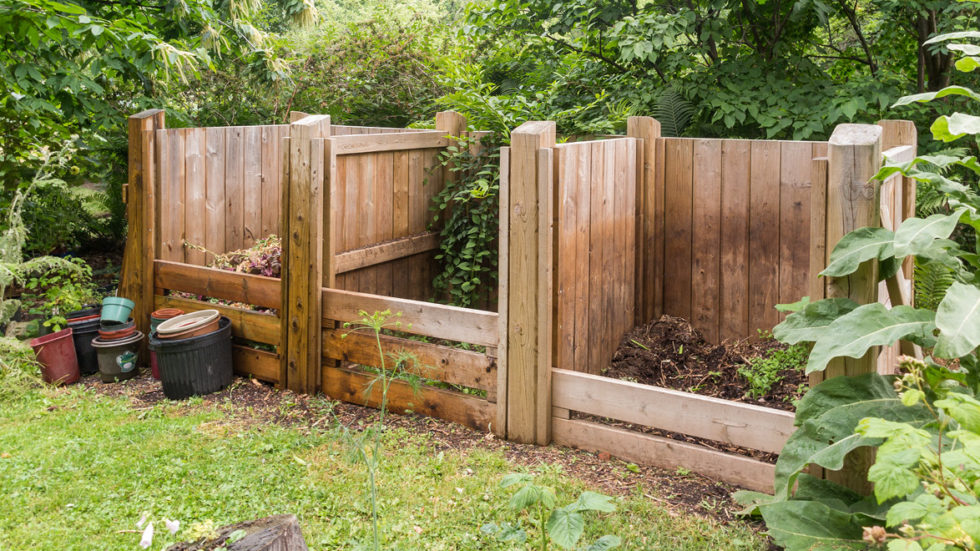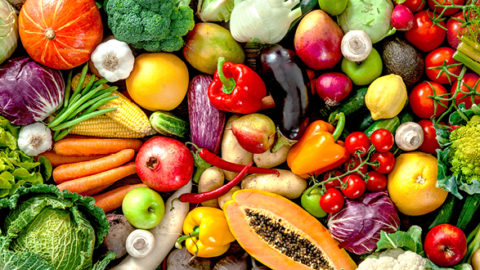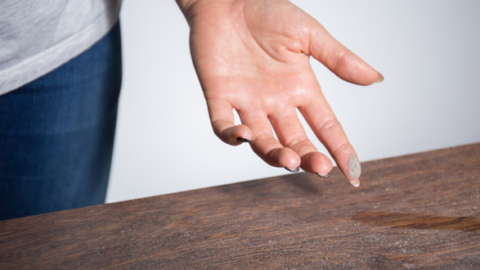Mulch And Composting

Looking to offer your plants and home-grown fruit and veg a top-up of goodness? Why not look into mulching and composting and the benefits?
Gardens can be hard to manage – there are many different treatments and routines to use. It is very difficult, do you compost? Do you use mulch?
Mulch is a protective covering placed on the ground around plants to limit weed growth, retain soil moisture or prevent freezing roots.
Compost is nature’s process of recycling decomposed organic materials into a rich soil. Every good gardener will have a compost bin that sits in the corner of the garden and is filled with general garden waste, veg peelings and egg shells.
The benefits of mulch:
Mulching has a variety of benefits which can improve your garden effectively in many different areas from soil to a decorative finish. Firstly, mulching inhibits weed germination and growth, and holds in the ground moisture, protecting your plants from drying out quickly. Also, mulch moderates soil-temperature changes – this benefit is especially valuable during inclement weather periods.
In cold-weather periods, mulch protects plant roots from the winter cold and helps to protect plants from frost-heaving, when plants are pushed out of the ground by the natural expansion of the soil as it cools off and heats up. You will be surprised that mulching can save a massive amount of your time. Mulching can give a decorative finish to your garden and keep it up to your high standards!
Compost is a mixture of various degrading organic materials such as dead leaves or grass which is used for fertilising the soil. Best of all, composting is simple and easy to start.
The benefits of composting:
Like mulch, composting has many benefits which can improve the quality of your garden. The micro-organisms in compost can help to break down organic matter into nutrients, this helps your plants to grow stronger.
Compost can clean up and repair contaminated soil, this includes soils that have been previously destroyed by prior pesticide use. Also, compost improves soil structure – it helps sandy soil retain more moisture and helps break up clay soils; by increasing the amount of water the oil retains, the less you have to take time to water! Composting is very important in preventing erosion and makes sticky, heavy soil workable. Compost takes a huge amount of material –
up to 75% out of the solid waste stream.
Both mulch and compost have their benefits, both improve your garden and are easy alternatives to pesticides and chemicals. Each can transform your garden into a perfect masterpiece for you to enjoy.
By Harry Cave
[one_half]Harry Cave who studies at Oriel High School joined RH Uncovered for a one week work experience placement and gave his take on water-based groups, clubs and activities.[/one_half][one_half_last] [/one_half_last]
[/box]
[/one_half_last]
[/box]





